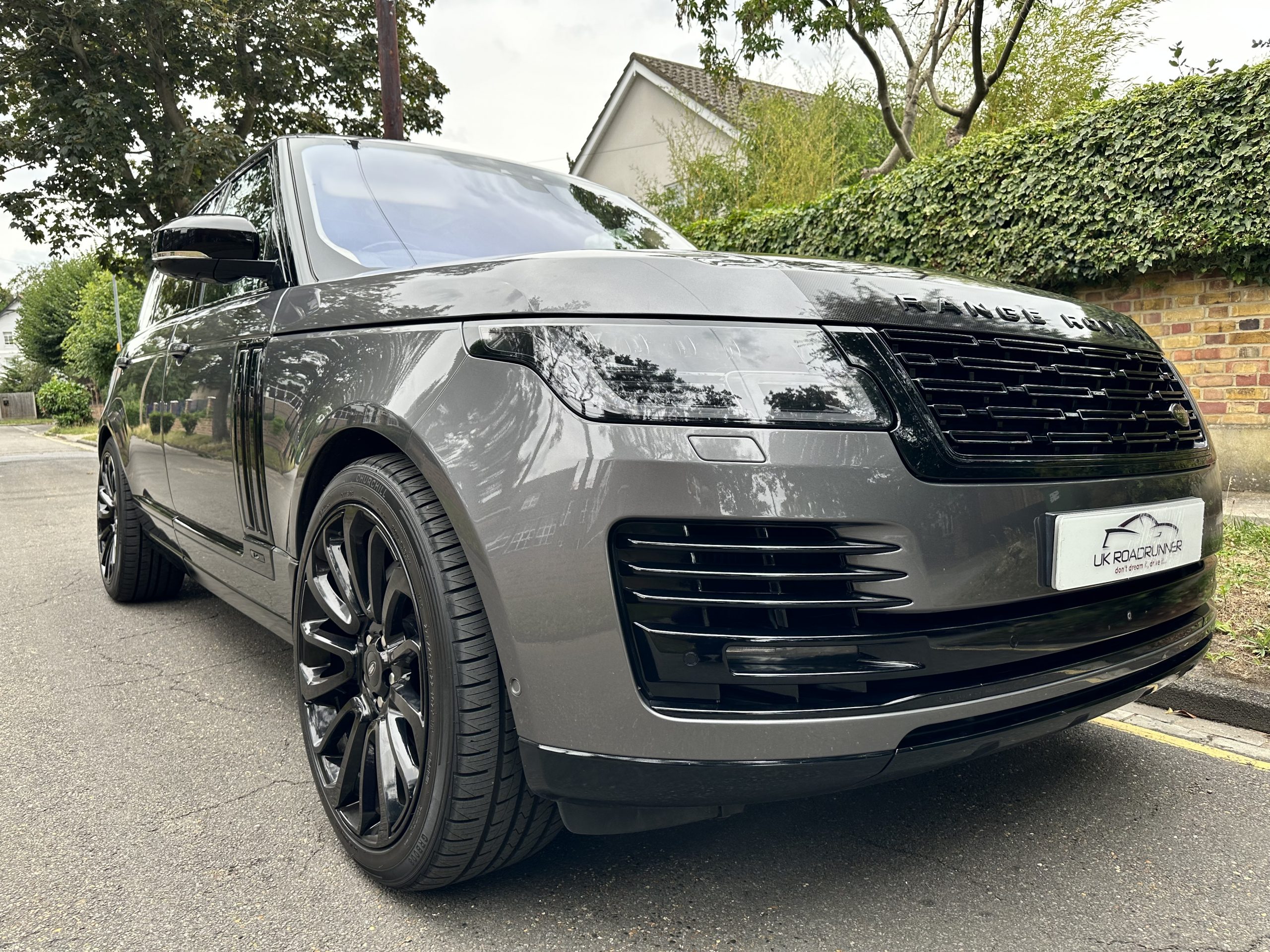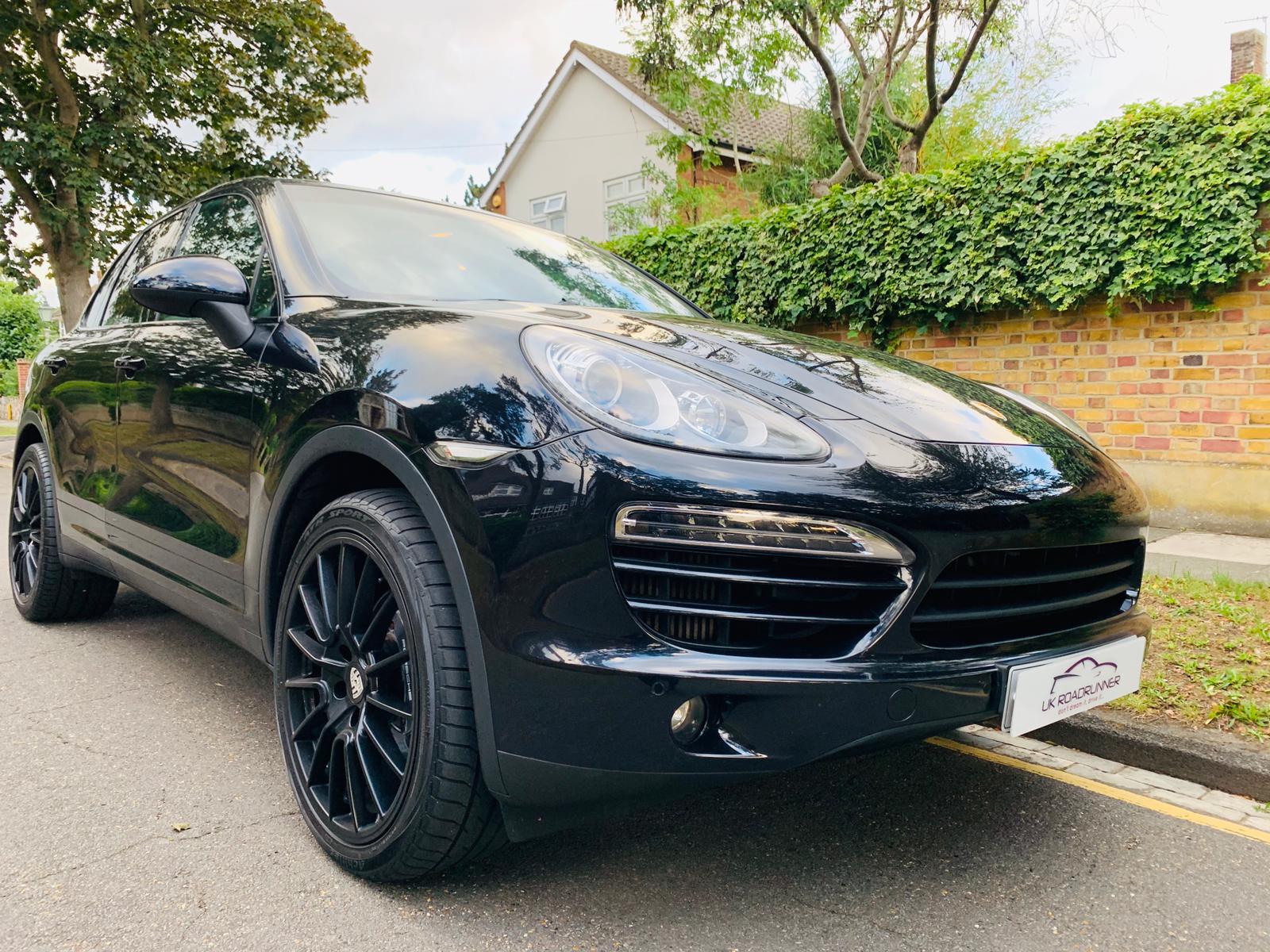Importing a car into Kenya can be difficult, but with the right partner, it can be a smooth and successful process. Here are some tips that will guide you when importing your car to Kenya. In this guide, we will also show you how a reputable dealer like UK RoadRunner can help you at every step of the car importation process in Kenya.
1. Research and Understand the Car Import Regulations
Before you begin the importation process, you will need to become acquainted with Kenya’s car import regulations. To avoid complications during the process, make sure your chosen vehicle meets the KEBS vehicle import requirements. At UK RoadRunner, we start by advising you on Kenya’s car import regulations. We also provide you with the most recent information on age restrictions, and import duties, ensuring that your chosen vehicle complies with these regulations.
2. Select a Reliable Source
Always choose a reputable source when importing a new or used car. When buying from a foreign dealer, look into their reputation and history. UK RoadRunner takes pride in being a reliable source for car imports into Kenya. We have a well-established reputation and a track record of delivering for our clients. To ensure transparency and the highest level of trust, we provide you with detailed vehicle maintenance and service history and conduct extensive checks on the vehicle’s history.

3. Plan your budget
Budgeting is an essential part of car importation. The cost of importing a car includes the purchase price, shipping fee, customs and import duties, taxes, and local registration charges. Try and create a detailed budget as much as possible so as to understand the total costs. Take into account potential cost fluctuations due to currency exchange rates or unexpected tax increases by the government. UK RoadRunner provides transparent pricing, including a breakdown of all expenses that you can expect. We work with you to develop a detailed budget that considers the purchase price, import duties, taxes, freight charges, and local registration charges, avoiding any surprises along the way.
4. Check the documentation
Ensure that all the required documents are in order. These include the logbook, inspection certificates, bill of lading, and import permits for the vehicle. A thorough review of the paperwork will assist you in avoiding complications during the clearance process in Mombasa. With UK Roadrunner, we will walk you through the documentation process, ensuring that all necessary paperwork is in order. This will in turn provide a smooth and hassle-free clearance process.
5. Work With an Experienced Clearing Agent
Navigating customs procedures can be complex for a first time importer. It is therefore important to engage the services of an experienced clearing agent to assist you with the importation process. UK RoadRunner has a trusted extensive network of skilled clearing agents who will ensure a smooth customs clearing experience. We also handle all the complicated customs procedures, on your behalf, making certain that all paperwork is completed correctly and efficiently. You can rely on our knowledge to speed up the clearance process.
6. Select the Best Shipping Method
Choose a reputable international shipping company that specialises in car shipping to Mombasa. You may consider shipping your car in a container or using the roll-on/roll-off (Ro-Ro) method. Consult with your shipping company to determine which option is best for your vehicle. UK Roadrunner works with reputable international shipping companies that specialise in car shipping to Kenya. We assist you in determining the best shipping method for your vehicle and give recommendations to ensure that your vehicle arrives safely, cost-effectively and in good condition.
7. Plan for Clearing and Registration
When your vehicle arrives in Kenya, it will need to be cleared through customs and registered. UK RoadRunner will help you gather all necessary documents ahead of time. Our services at UK RoadRunner also include assisting you with the clearing and registration processes in Kenya. We provide comprehensive support and guidance to ensure that your vehicle meets all local requirements and is properly registered.

8. Prepare for Possible Delays
Be prepared for possible delays during the importation process. Customs inspections, Valuations, documentation issues, and other unforeseen circumstances can all cause delays. Always maintain open lines of communication with your clearing agent and shipping company. This will help in addressing any delays as soon as possible. While delays are frustrating, UK RoadRunner assists you in preparing for and managing any potential setbacks. We keep open lines of communication with our clients and address any issues as they arise. This minimises the impact of delays on your importation timeline.
Conclusion
Thorough research, clear communication, and working with reputable professionals are all necessary components for a successful car importation in Kenya. When you import a car into Kenya with UK RoadRunner, you are embarking on a journey guided by expertise, transparency, and dependability. As a result, you can navigate the complexities of the importation process with confidence.
